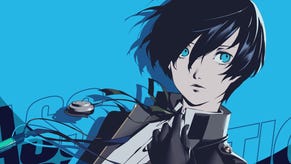Dead Island
Dead again.
If Dead Island's developer Techland is out to confound expectations, then it's doing a damn fine job. First it promised us a holiday in the tropics where sun-kissed days were spent in the company of the undead and then, after several year's worth of stony silence, it grabs our attention once more by throwing a child out of a window (backwards, of course, because a little temporal distortion helps take the sting out of such a nasty image).
The game itself was revealed to offer a vastly different tone to the sombre one laid down by that trailer, more knockabout playground fun than a controversial child-killer; a melee-based game where sticks and stones may break their bones but a pickaxe will really hurt them.
And Dead Island revealed itself to have a hunger for stats as voracious as any of its stumbling horde's taste for flesh. Alongside being an open-world, first-person adventure and a four-player survival game, it's also a loot-happy RPG. In fact, it's unfair to call it a zombie game at all: Dead Island's more of a Frankenstein's monster, sewn together from ideas from the undead genre's prolonged flourish and brought to life with a little spark of Techland's own.
Its debt to Valve is told from the character selection onwards. Four playable characters are available, all drawn from crude clichés, endearingly patched together. There's Sam B, the former rapper who wakes drowsily from a heavy night to scenes of carnage at the game's outset, Xian Mei, a receptionist on the island, ex-pro footballer Logan and finally Pruna, the fourth character of which little has been revealed.
They're more than just colourful re-skins, and Dead Island's RPG credentials seep through each character's abilities. Sam B's the tank, able to soak up more damage but conversely attracting more of it, with more of that coveted flesh hanging off of his bulky frame, while Xian Mei is fleet-footed but more prone to damage. Logan, meanwhile, is an all-rounder, with Pruna a firearms expert.
These different abilities feed organically into play - the tank naturally finds himself at the centre of the action, drawing attacks and pushing the others into support play; Pruna's best off finding high ground and providing cover with firearms; while Xian Mei is best used darting around to make quick, decisive attacks.
Playing co-operatively is not aggressively encouraged, though it's certainly useful enough to make it worthwhile. Solo runs will often end in dismemberment, and it's good to stick with team mates, if not for safety in numbers then to have someone at hand to revive you when you're inevitably knocked down cold.
There are other benefits, too: it's possible to trade items with team mates, a neat extension of the inventory management that underpins much of Dead Island. Slots are seemingly limitless; in the pause menu, items can be swapped out from the cascading inventory to an eight-spoked weapon wheel. Weapons degrade over time, their stats slowly dwindling in a manner that's reflected visually in the chipping of wood on a baseball bat or the deadening of steel on a blade.

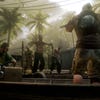
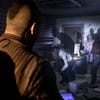
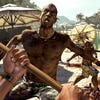
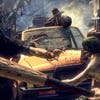
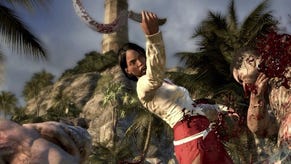
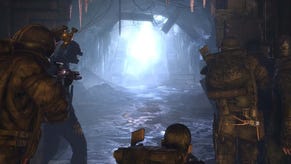
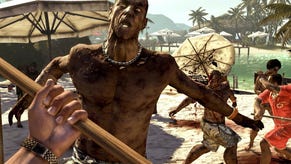
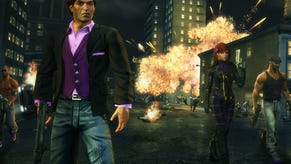
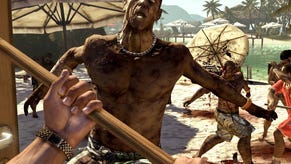
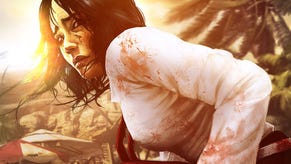
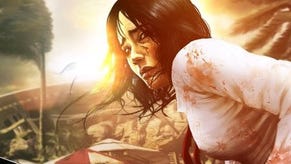
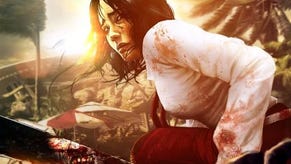

.png?width=291&height=164&fit=crop&quality=80&format=jpg&auto=webp)




.jpg?width=291&height=164&fit=crop&quality=80&format=jpg&auto=webp)
